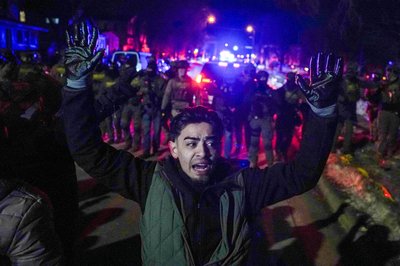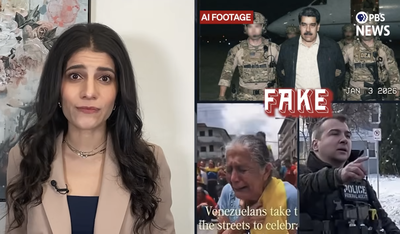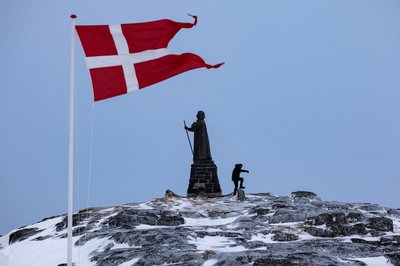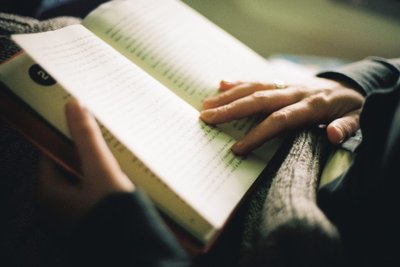SUMMARY
Every year for 50 years, some 500,000 students from across the country have competed in National History Day, using arts to portray their researched stories. In this video, finalists discuss how they defined turning points in history, as a part of our series Art in Action, which explores the intersection of art and democracy.
View the transcript of the story.
News alternative: Check out recent segments from the NewsHour, and choose the story you’re most interested in watching. You can make a Google doc copy of discussion questions that work for any of the stories here.
WARM-UP QUESTIONS
- Who can compete in National History Day?
- What types of projects did students create?
- Where did the students conduct research for their projects?
- How does National History Day help students become better citizens?
- Why is history just as important as STEM education?
FOCUS QUESTIONS
If you were to participate in National History Day, what kind of project would you create? Think about a historical event you want to explore and consider how it could affect current political, social or environmental challenges today. Share with your peers and offer suggestions.
Media literacy: How does the way we present information—like through a documentary, presentation, video or podcast—change how people understand and react to it? What form of media would be best for your project?
Alternative: See, Think, Wonder: What did you notice? What did the story make you think? What would you want to learn more about?
FOR MORE
What students can do: Learn about how to get involved in next years competition! Visit the website and search for your local competition in your state. Explore your theme further by filling out this graphic organizer.
This post was written by Raegan Lusk, a senior at the University of Southern California in Los Angeles, and an intern with PBS NewsHour Classroom, and edited by NewsHour's Luke Gerwe.
Fill out this form to share your thoughts on Classroom’s resources.





